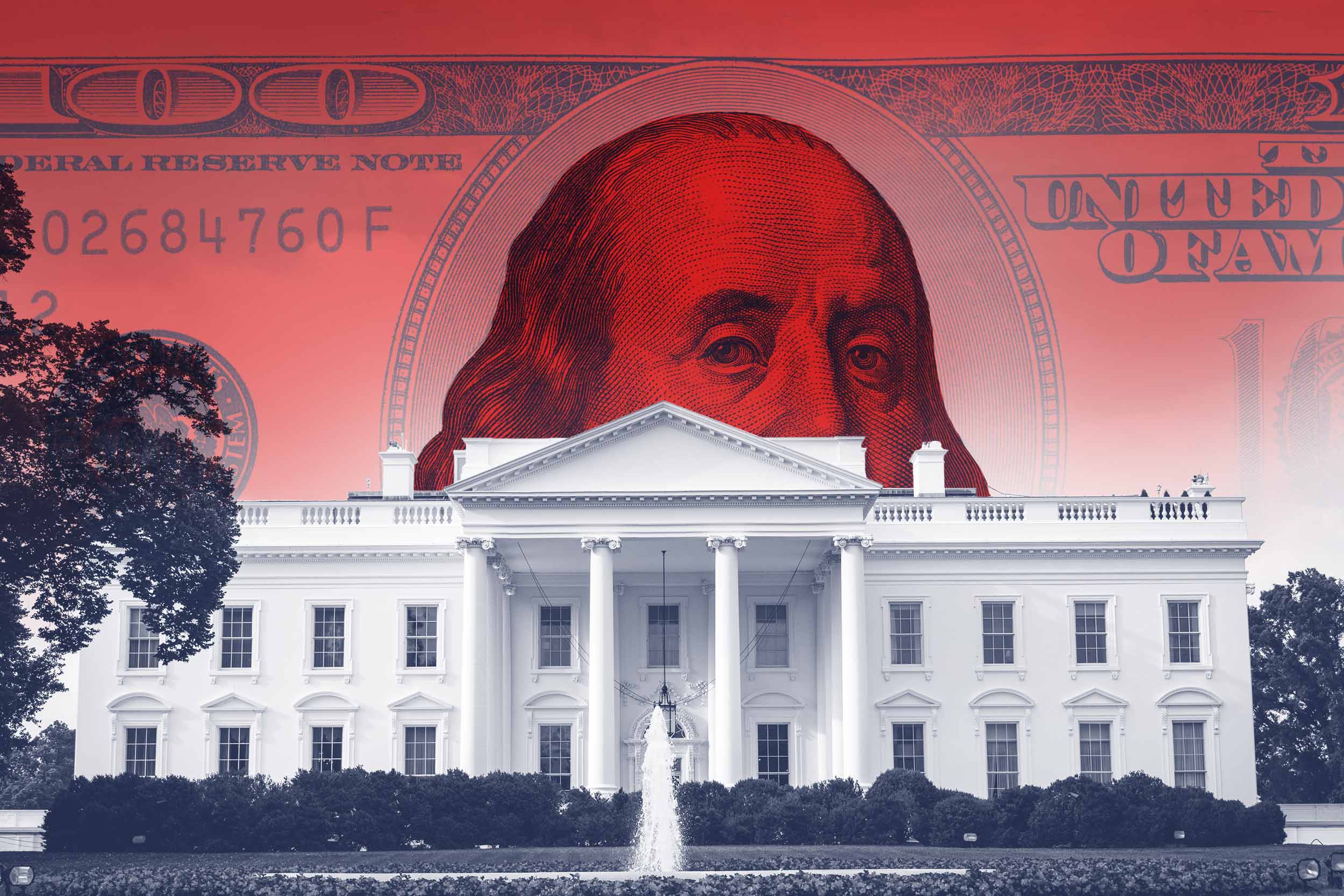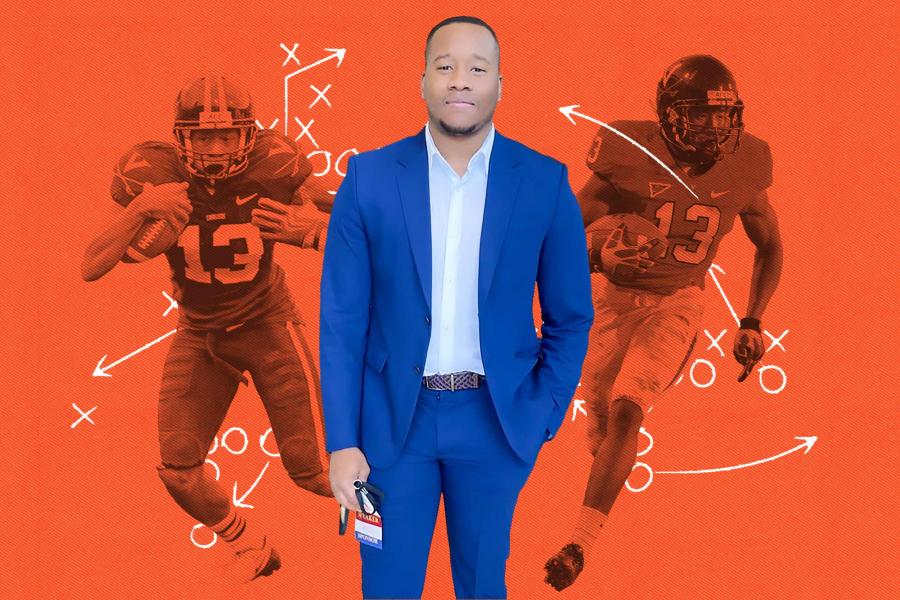Although tickets to the event have sold out, registration is available for viewing it online.
UVA Today checked in with Miller to get an idea of how the economy can affect elections.
Q. Does the nation’s economy really affect elections as much as we think?
A. The state of the economy always has an impact on the election. There is a reason James Carville said, “It’s the economy, stupid.” However, what a “strong” or “weak” economy” means is highly variable.
Almost any economist would acknowledge that the U.S. economy looks strong right now – low unemployment, significant wage growth, the erosion of years of inequality. However, macroeconomic forces look very different in different contexts. For example, inflation has been front and center on the American mind, and according to many surveys has driven negative perceptions of an otherwise strong economy in recent years.
The idea that you can have a good job, a good salary, and still not afford to buy a house can sour people on an otherwise booming economy, and in so doing influence the election cycle.
Q. Presidents often try to influence the economy, from Franklin Delano Roosevelt’s tinkering with federal programs to Nixon’s wage and price controls. How effective have presidents been, and do they really deserve as much blame and credit as they get or claim?
A. I tend to follow the maxim of an English (soccer) manager who said, “A good manager can make a team 10% better, but a bad manager can make it 50% worse.” The same is true for presidents and the economy.
I believe that a lot of blame/credit is viewed through too short a timeframe. I think that we should expand our temporal horizons and evaluate economic policy over the course of decades, as opposed to years or even quarters. Sound economic policy often takes a while to implement, and even longer to filter through the system and may produce a short-term slowing of the economy.
However, elections play out in the very short term and the wise policy that will pay off in the long run can be seen as a negative by the electorate. Likewise, a president can push through a policy regime that can juice the economy in the short term, while producing major structural problems beyond the present election cycle.
I think that voters should look at what a president wants to change about the system as a whole, rather than their evaluation of it at the present moment.
Q. The current U.S. electorate appears highly polarized. What difficulties face the American economy and political system in this election?
A. First, I should say that while we are certainly polarized at the moment, I am not sure that we are any more polarized than we have been on average over the course of American history.
In 1800, John Adams assured voters that the election of Thomas Jefferson would lead to the streets running knee-deep with blood, while Jefferson suggested that Adams would, quite literally, hand over the country to the king of England as soon as he was inaugurated.
Likewise, in the 1930s you had “America First” rallies of American Nazis in Madison Square Garden while parades marched down Broadway with signs that said “Joseph Stalin, My Leader.”
It is bad right now, but I don’t think it is that bad.
That said, just because we have survived these polarization crises in the past does not mean that we automatically will today.
Most Americans, both throughout our history and today, believe the United States is a flawed, but still very real “shining city on a hill.” I deeply believe this myself.
Economically, I am actually quite bullish on the United States. It is true that inflation has not come down as much as we would like. However, considering we are only a few years out from a pandemic into which the Federal Reserve poured trillions of dollars to avoid a catastrophic deflation crisis, I believe we are doing as well as anybody could have hoped.
This does not mean many Americans are not struggling. The affordability crisis in housing is a major problem. Raising interest rates was essential to bring down inflation, but it also made the cost of housing skyrocket. When combined with major constraints on building in almost every market, many Americans feel like they are being pinched in ways they cannot escape.
Q. Can the factors that create economic conditions be resolved by “the right person” coming to power?
A. History shows time and again that structural factors, as opposed to the elevation of a single leader, are much more important in addressing socioeconomic issues. Any single person with enough power to singularly address a problem also has the power to royally mess things up.
The dream of a benevolent and enlightened despot – who can solve climate change by decree, for example – relies on that person remaining benevolent and enlightened forever. Let’s just say these types of figures are quite rare in human history. This is where independent institutions, buttressed by intrinsic norms, are invaluable.
While messy and a bit slow, democratic capitalism has served not just the United States, but the countries in the world with the highest standards of living (and yes, this includes the very capitalist northern European countries like Denmark and Sweden), very well over the last century.






